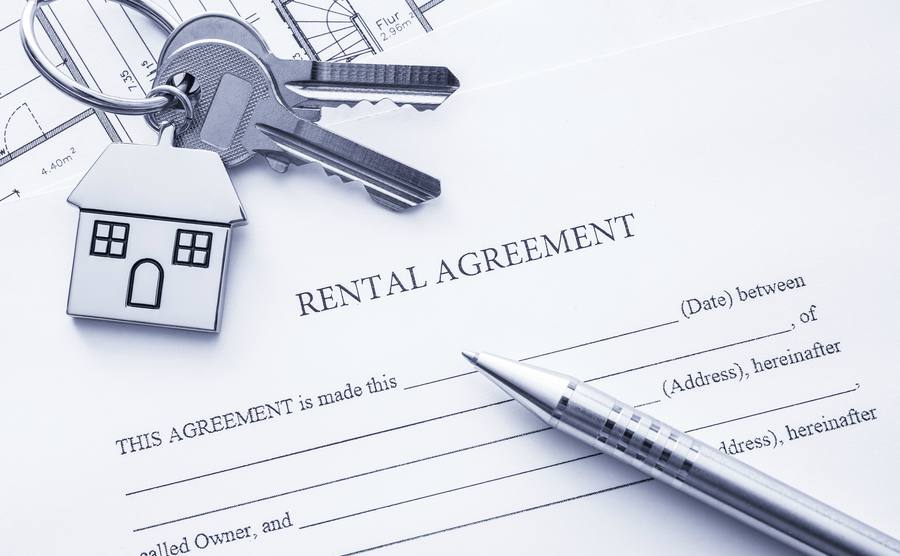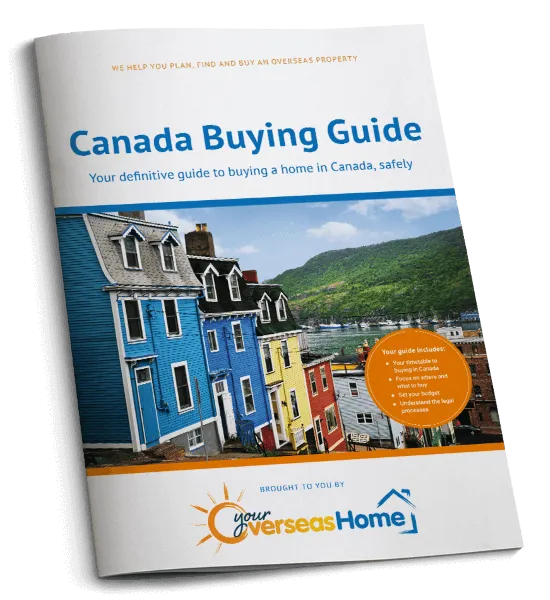For a variety of reasons many choose to rent when they first arrive in Canada – we take a look at what you can expect from this process.
Buying a home is a priority for some new arrivals in Canada, but there are those that feel renting is a safer first step until they’re settled in. Purchasing a family home is a significant commitment, whereas a fixed rental contract allows the expat time to make sure they are happy in their new location before making a more permanent housing decision.
Different Canadian provinces have different rules on deposits but there will always be some kind of security payment made to the landlord.
The beauty of a rental property is the fact that you can fairly easily move to a new Canadian city or province if your circumstances shift a little – e.g. if an exciting job opportunity or transfer comes up.
Finding a rental
The property search can begin before you have even left the UK – thanks to the many online resources available to would-be tenants. Once you have actually made it to Canada websites are still the number one resource. There are also local newspapers, however, bulletin boards (in community centres, libraries etc.) and local social media groups that can also prove fruitful.
It is important to note that generally Canadian properties are rented on an unfurnished basis; however, there should be all the necessary white goods in the kitchen, as well as a washer and dryer.

Many newcomers to Canada rent their first home
Negotiating
During negotiating with your landlord you will want to establish all the aspects that will affect your rental agreement – it is much easier to get everything settled up front rather than later on once a contract has been signed. You will need to consider what utilities (if any) are included with your rent – in Canadian apartments you will often find water, and sometimes even heating is included. Other considerations include restrictions on decorating the property and, if there is a garden, clarifying whose responsibility it is to maintain it.
Knowing how to negotiate effectively for your Canadian property, whether for rental or to buy, could bag you a much better home for your money. Read our free guide: How to Negotiate Abroad.
At this point you will also have to agree upon an initial term, typically 12 months, after which it becomes a rolling monthly contract. You will also be expected to pay either your first or last month’s rent upfront, or your first month’s rent plus a damage deposit. Different Canadian provinces have different rules in this regard but there will always be some kind of security payment made to the landlord.
Finally it is also the landlord’s right to check your credit rating to make sure you can afford the commitment you are entering into. Generally this is something of a formality, and even if there was an issue you can usually negotiate a workaround, such as paying a higher deposit, or providing a letter from an employer confirming a job/salary that has yet to start.


 Property Guides
Property Guides France
France Portugal
Portugal Spain
Spain Italy
Italy USA
USA Ireland
Ireland Greece
Greece Cyprus
Cyprus Australia
Australia New Zealand
New Zealand Canada
Canada Turkey
Turkey UK
UK




